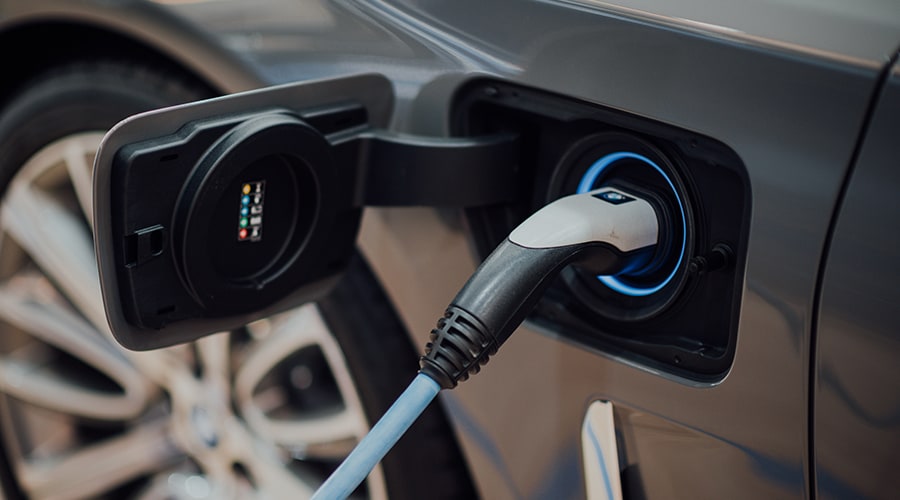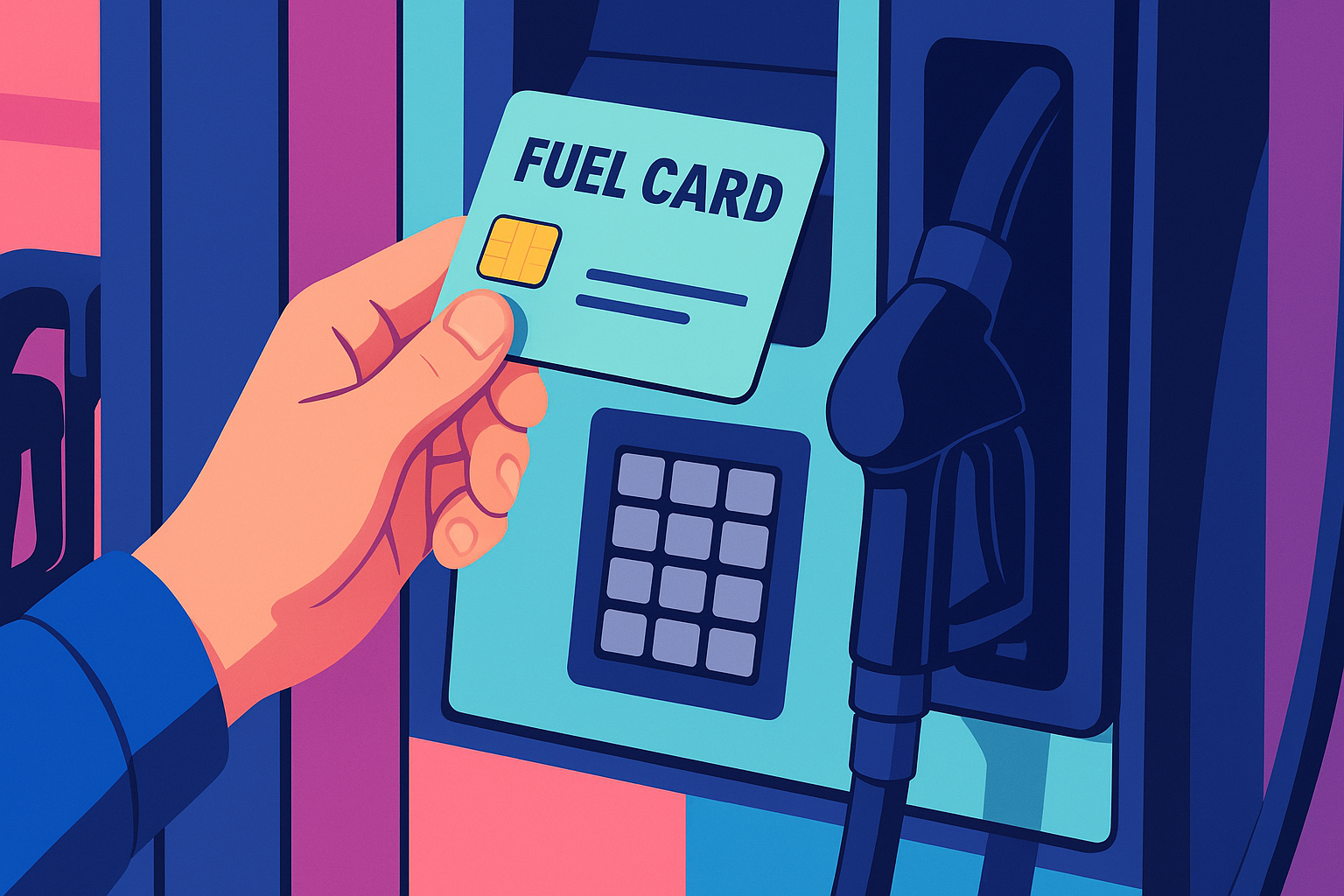Torben Robertson
4 mins
Can my company have a fleet of electric vehicles?
You can have a company fleet of electric vehicles. It could help companies lower costs and meet sustainability goals. There are also other options.

Speak to an Expert
Book a CallCan you have a fleet of electric vehicles?
Companies are beginning to consider electrification. Since both their range and service life are steadily increasing, EVs are becoming a feasible choice for business fleets. You can have a company fleet of electric vehicles. It could help companies lower costs and meet sustainability goals. There are also other options.
Charging infrastructure is expanding, electric motors becoming more powerful, EV miles of range extending, and cost approaching parity with gas vehicles.
Electrification is a sensible choice, since gas prices are rising and corporations are being rewarded for sustainability measures.
Powering your business vehicles with renewable energy can help companies meet their sustainability goals. Moreover, transitioning to EVs can reduce operating costs.
According to Fleet Magazine, EVs help reduce the costs of fleet operation. They notably eliminate the high costs of hydrocarbon fuel, one of the most significant expenses of a fleet. With global gasoline prices on the rise, eliminating gas brings significant savings.
While charging a battery still costs, it costs significantly less than gas. It is difficult to precisely pin down the difference, because of the variation between electricity costs in different states. However, in a best-case scenario, an EV could cost $14,480 less than a gas automobile to fuel over its lifetime.
Electric cars also use fewer varieties of fluid. An EV needs only brake fluid, windshield fluid, and coolant. No more regular oil changes or transmission fluid replacements.
The City of New York compared the maintenance costs of their electric and gas cars in 2019. What they discovered is that their gasoline vehicles cost on average $1600 to maintain for the year. By contrast, their EVs cost less than $400.
Beyond saving money through fleet electrification, there are social incentives as well. According to Barron’s, more than two thirds of North American consumers care whether a company is sustainable. Adopting green vehicle programming could entice customers and clients, and differentiate your business.
However, greening your vehicle program still leaves you with an expensive fleet to manage. Another option can further reduce your costs, and also rid you of complex administrative tasks. Namely: reimbursement.
Can you reimburse employees for using electric vehicles? (Fleet vs. Reimbursement)
Operating a fleet of electric vehicles is doubtless the more sustainable option, and electrified fleets cost less to maintain. Yet reimbursing employee drivers for using their personal EV for work is a superior choice.
With a reimbursement program, employees supply and drive their own vehicle for business purposes. The company reimburses them for miles driven. Company liability and tax burden are reduced through the switch.
There are several IRS-compliant reimbursement options; the gold standard is FAVR. With FAVR, you capture and store mileage logs, and pay regionally-sensitive reimbursements.
Company provided vehicles are significantly more expensive than FAVR mileage reimbursement programs. Unless your drivers need specialized equipment, like refrigerated trucks, Cardata does not recommend a fleet.
Fleet management is also challenging and tedious. It often requires dedicated employees, or a whole department.
These problems are not assuaged by electrification alone. Whether your vehicles are Chevrolet Bolts or gas F-150s, expenses are high and management complicated unless you switch to a reimbursement program.
When employees drive their personal vehicles for work, they charge them at home. This trims the number of EV charging stations you must provide at work.
This is good for companies, because charging a whole fleet of EVs in a company parking lot is expensive and logistically challenging. You would need to install enough charging stations for your full fleet. Cars would also need to be rotated for access to the power source.
Cardata specializes in transitioning companies to electrified vehicle reimbursement programs. Considering electrification? Check out our sustainability page.
Interested in further weighing the pros and cons of fleet? Check out this article: Are fleets a good option in 2022?
Reimburse mileage with Cardata. Since 1999, companies like McDonald’s, FedEx, Crayola, Canon, and Hallmark have trusted Cardata to run their vehicle reimbursement programs. Why do they like us? Because we save drivers time, managers hassle, and companies money.
[Disclaimer: this article contains no legal advice. Consult a lawyer if you need legal advice regarding anything contained herein.]
Disclaimer: nothing contained in this blog post is legal or accounting advice. Consult your lawyer or accountant and do not rely on the information contained herein for any business or personal financial or legal decision making.
Share on:


